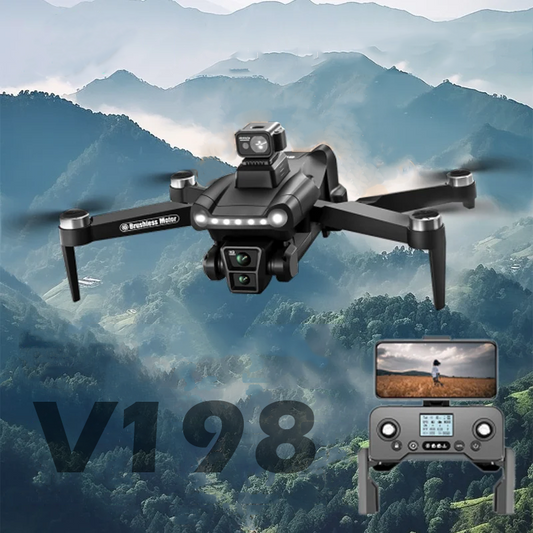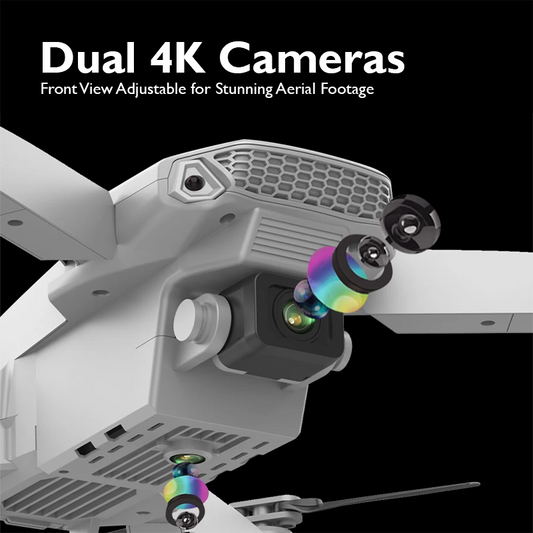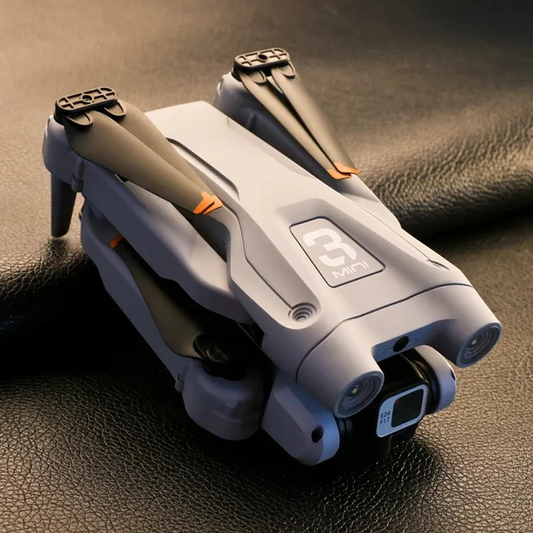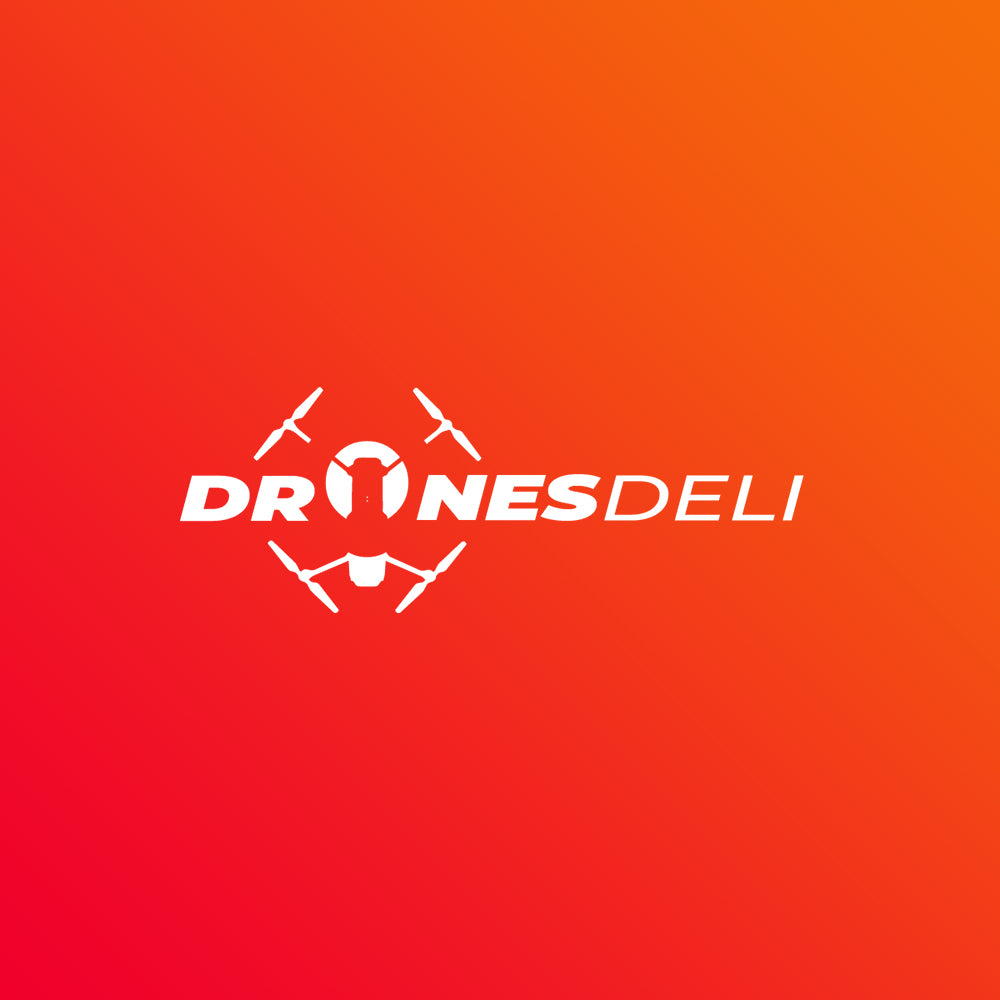Drones Revolutionizing Agriculture: Key Benefits

The agriculture industry is experiencing a technological revolution, and one of the most exciting advancements is the use of drones. These aerial vehicles, equipped with advanced sensors and imaging technology, are transforming how farmers manage their crops and resources. In this article, we'll explore the key benefits of drones in agriculture and how they are paving the way for smarter farming practices.
What Are Agricultural Drones?
Agricultural drones are unmanned aerial vehicles (UAVs) specifically designed for agricultural applications. They come equipped with various sensors, cameras, and data analytics tools that allow farmers to monitor and manage their fields more effectively. With capabilities ranging from aerial imagery to crop health analysis, drones are becoming essential tools in precision farming.
Key Benefits of Drones in Agriculture

-
Enhanced Crop Monitoring
One of the primary advantages of drones in agriculture is their ability to provide detailed crop monitoring. Drones equipped with high-resolution cameras can capture images of fields from above, allowing farmers to assess crop health, identify pest infestations, and detect diseases early on. This timely information helps in making informed decisions that can enhance yield. -
Precision Farming
Precision farming is all about optimizing resources to achieve the best possible outcomes. Farming drones play a crucial role in this approach by enabling farmers to collect data on soil conditions, moisture levels, and crop growth patterns. This data allows for targeted interventions, such as precise irrigation and fertilizer application, reducing waste and improving efficiency. -
Time and Cost Efficiency
Traditional methods of crop monitoring and management can be time-consuming and labor-intensive. Drones streamline these processes, allowing farmers to cover large areas in a fraction of the time it would take using ground-based methods. This efficiency not only saves time but also reduces labor costs, enabling farmers to allocate resources more effectively. -
Improved Data Collection
Drones provide a wealth of data that can be analyzed for various purposes. With advanced sensors, they can gather information on crop health, soil composition, and weather patterns. This data is invaluable for making strategic decisions, such as selecting the right crops to plant and determining the optimal time for harvesting.
Environmental Benefits

The use of drones in agriculture also has significant environmental advantages. By promoting precision farming, drones help minimize the use of chemicals and fertilizers, leading to less runoff and reduced impact on surrounding ecosystems. Furthermore, targeted irrigation practices can conserve water, addressing one of agriculture's most pressing challenges.
-
Enhanced Safety
Agriculture can be hazardous, with farmers often working in challenging conditions. Drones reduce the need for workers to enter potentially dangerous areas, such as steep fields or those with heavy machinery. By allowing Drone remote monitoring, drones enhance safety while still providing critical data. -
Support for Sustainable Practices
Drones facilitate sustainable farming practices by enabling better resource management. By accurately assessing crop needs, farmers can reduce over-fertilization and pesticide use. This not only benefits the environment but also aligns with consumer demand for sustainable agricultural practices. -
Scalability for Farmers
Whether a farmer manages a small family farm or a large-scale operation, drones offer scalable solutions. Their ability to quickly gather data across varying field sizes makes them accessible tools for farmers of all scales. As drone technology continues to evolve, these solutions will become increasingly adaptable to different agricultural contexts. -
Faster Decision-Making
The real-time data provided by drones allows for quicker decision-making in the field. Farmers can promptly respond to issues such as pest outbreaks or water shortages, ultimately leading to better crop outcomes. This speed can make a significant difference, especially during critical growing periods. -
Future of Smart Farming
The integration of drones into agriculture is a stepping stone toward a more automated and data-driven future. As technology advances, we can expect to see further innovations in drone applications, including autonomous operations and integration with other smart farming technologies. This evolution promises to enhance the efficiency and sustainability of agriculture on a global scale.
Drones Revolutionizing Agriculture

Drones are undeniably revolutionizing agriculture by providing numerous benefits that enhance crop monitoring, precision farming, and overall efficiency. As technology continues to advance, the role of drones in agriculture will likely expand, paving the way for even more innovative solutions. For farmers looking to improve their operations and embrace sustainable practices, investing in drone technology is a step toward a smarter and more efficient future in agriculture.
Enhance your aerial capabilities with drones from our online drone store. We offer a wide range of options to suit every skill level and project.










